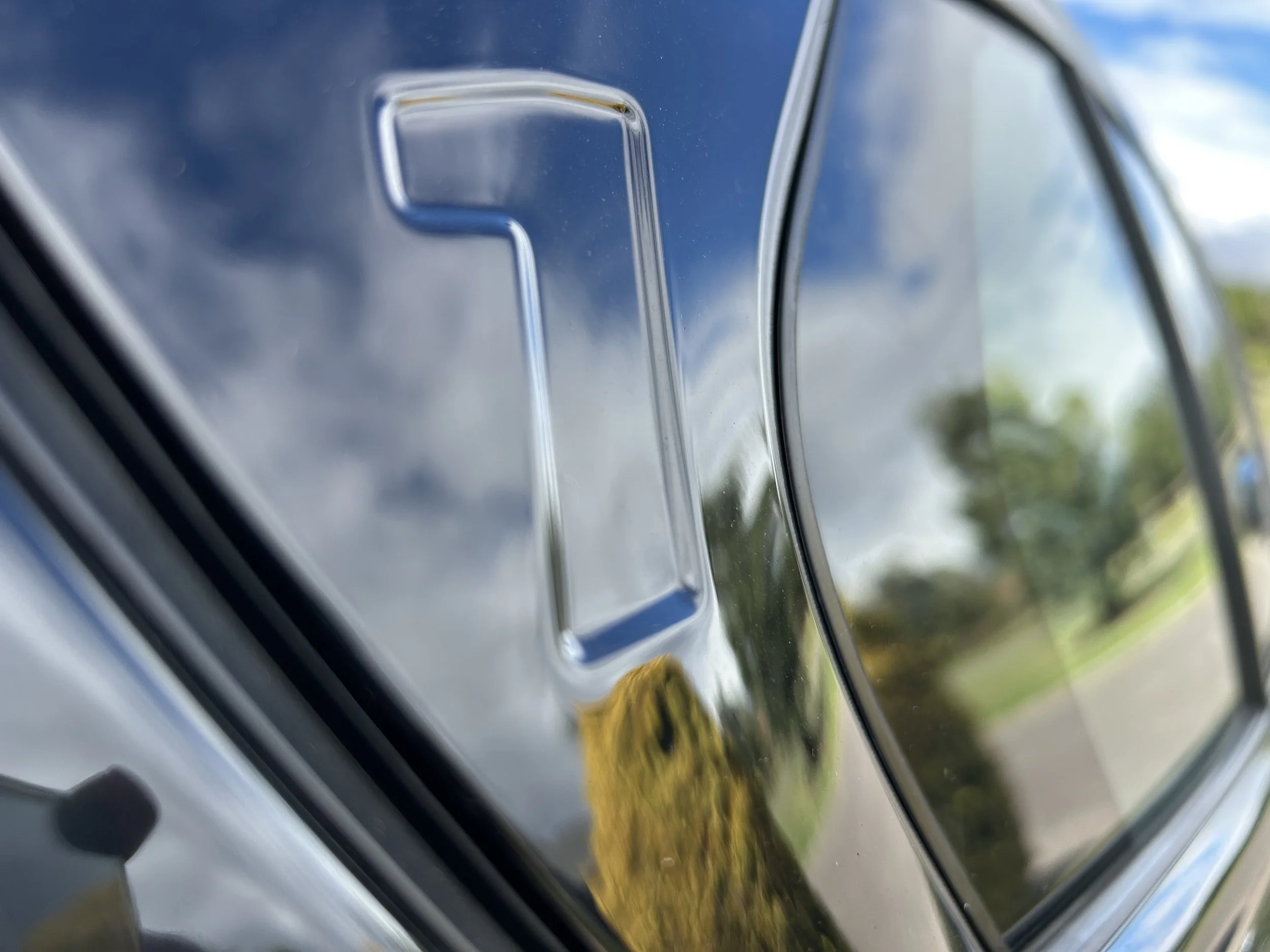Latest Kona EV kerfuffle not the first glitch
/Requirement to change the Kona EV’s battery has a familiar ring to some NZ owners.
The Kona EV battery effectively fills out the entire floor area.
A PROBABLE recall that demands replacing the lithium ion battery that powers in Hyundai’s highest-profile electric car seems set to hit hundreds of Kiwi owners, including a handful for whom this could well seem deja vu.
Comment from electric vehicle owners about yesterday’s MotoringNZ story relating how Hyundai is moving toward recalling its Kona electric car internationally – and potentially also at least some examples of the battery-pure version of the Ioniq – following a spate of fires in South Korea, has drawn attention to the Kona already being subject to a remedial action here that began five months ago, is only now wrapping up and also sometimes demands the same extreme action of a complete battery exchange.
In November, Hyundai New Zealand recalled 724 Kona EVs it had sold, having been advised by the factory that "the lithium-ion battery may have internal damage or the battery management system control software may cause an electrical short circuit after charging" which could result in a fire.
It is unclear if this is the same fault at the centre of the recent fires overseas.
The immediate remedy for this was to change the battery management system and, if that did not work, Hyundai advised the same procedure it proposes for this new recall – pulling out the battery, a hefty and large item which completely fills out under the floor and is all but a structural component, and replacing it.
Hyundai NZ has said it awaiting confirmation that the Kona EV will be recalled again, however reports from overseas say this is a given and from the tenor of comment it has offered, the local distributor also seemed resigned.
This latest action is a whopper. It is expected to cost $US900 million to execute, a sum that makes it the most expensive recall involving an EV so far, and will cover 82,000 vehicles worldwide.
Conceivably, it will draw in the NZ cars involved in last year’s recall. These were built between September 29, 2017, and March, 20, 2020.
It is thought many were put right with an update to the battery management software. However not all these examples were remedied that easily.
the updated Kona, due to come here later this year, has the same battery pack as cars likely to be recalled.
MotoringNZ has spoken with a North Island Kona owner whose car, bought in 2018, was off the road from early December until mid-February while it awaited a battery replacement. His vehicle has since faulted again. Learning that it might require yet another battery was exasperating news.
Kimberley Waters, a spokeswoman for Hyundai NZ, explained the original action.
“We updated the BMS software to allow for detection of abnormalities in the high-voltage battery system while parked.
“If the software detected any early electronics deficiencies a full battery replacement was required.
“We are 96 percent through the initial recall and through the inspection process some Li-ion batteries were identified as needing replacing.”
The latest action has resulted after a Korean government investigation into why Hyundai EVs – which included a bus as well as some cars - were catching fire. That probe revealed the possibility of short circuits in certain defective battery cells produced by the supplier, LG Energy Solution.
According to Reuters news agency, the battery maker and automaker are currently hashing out a deal to split the cost associated with completely replacing batteries for the EVs.
It's not clear if this news will push back the arrival of the updated Kona EV, which has already been revealed globally and was supposed to arrive in New Zealand this year. The refreshed car boasts an updated design, but its electric powertrain continues unchanged.


















